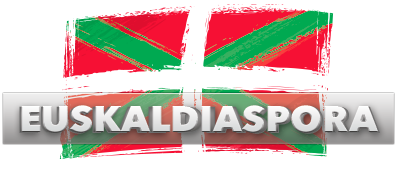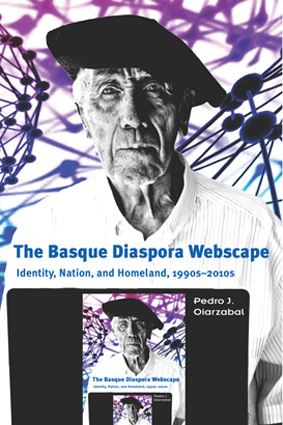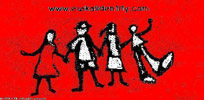The Basque Diaspora Webscape: Identity, Nation, and Homeland, 1990s-2010s
Reno: Center for Basque Studies, University of Nevada, 2013
ISBN: 978-1-935709-41-1, paperback, 272 pages, illustrations, US$29.95
This book engages questions central to the study of diasporas and digital technologies, by analyzing the Basquecase in depth. It is about how one diaspora group the Basques are using the Internet to preserve its identity andculture. It also examines the way Basques in the diaspora are using the Internet to create online communities anda kind of digital nationalism that links all Basques, whether living in the contemporary homeland or scattered around the world, into a single self-identifying people. The research focuses particularly on the websites created and maintained by Basque social and benevolent organizations in sixteen countries in North and South America, Australia, and Western Europe, prior to the popularization of the so-called Social or Collaborative Web or Web 2.0. That is to say, the author examines the ways these websites represent the organizations of which they are a part, and the ways they depict Basque culture, homeland, nationhood, identity, and political aspirations. The author also examines the support provided by the Basque government, both quantitative and qualitative, for these websites and the diaspora organizations they represent from the early 1980s to the first decade of the twenty-first century.
Written by Pedro J. Oiarzabal
To order a copy, or for more information, please contact the
 Center for Basque Studies, University of Nevada, Reno
Center for Basque Studies, University of Nevada, Reno



